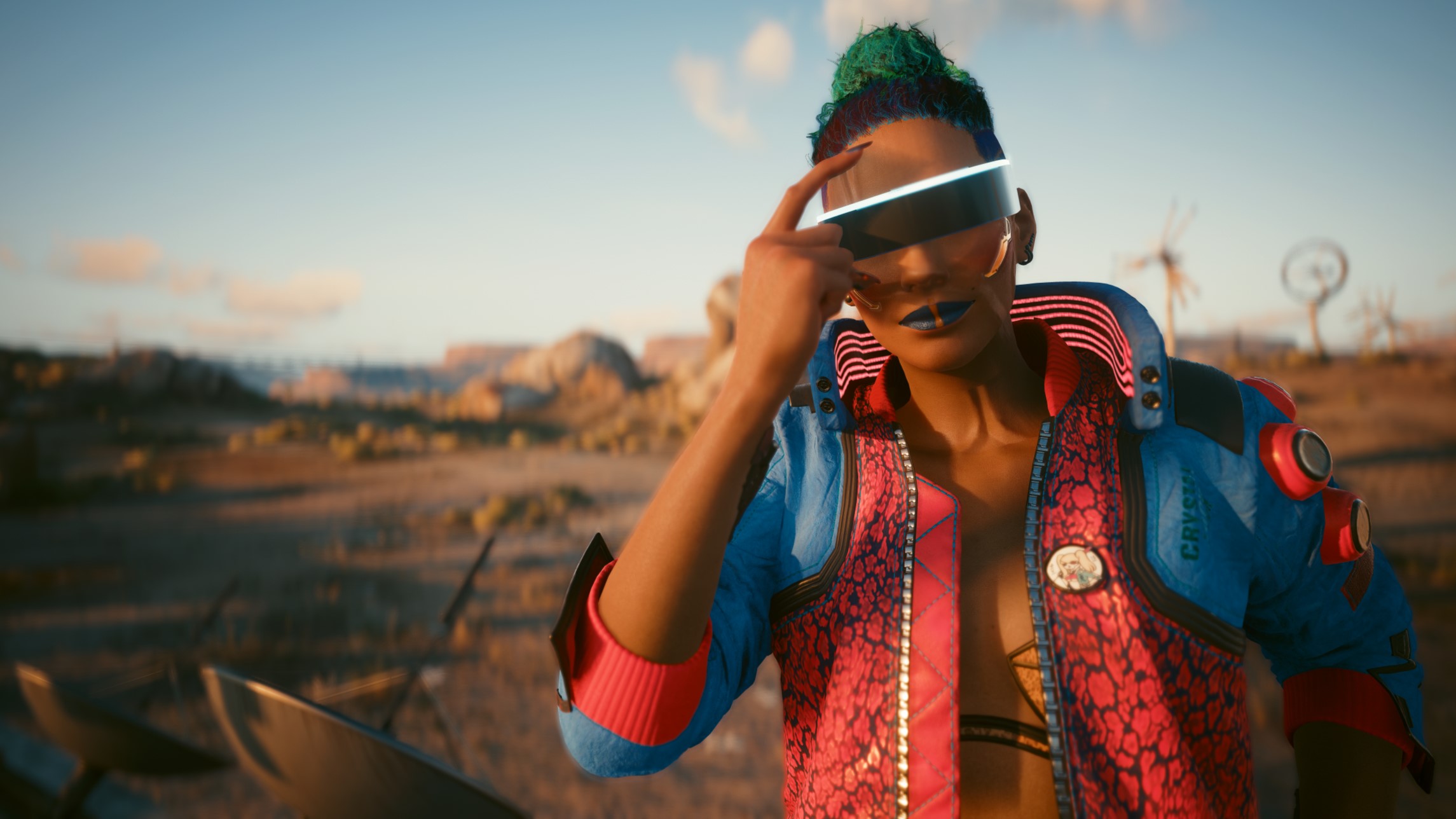Cyberpunk 2077 quest lead says early access wouldn't work for CDPR the way it did for Larian, and the studio prefers 'to have a banging release where everything is as close to perfection as can be' like Phantom Liberty's
Paweł Sasko says CDPR's ambition's don't include a Baldur's Gate 3-style early access period.

Cyberpunk 2077 is good now. In fact, I'd go so far as to say it's great. One of the most calamitous launches in videogame history finally made good after a bevy of updates and the meaty Phantom Liberty expansion, a journey that's had some of us at PC Gamer asking if the game was actually just in a kind of warped early access for three years. Given that Baldur's Gate 3, our Game of the Year for 2023, had a long (and formal) early access period, we asked Phantom Liberty quest director Paweł Sasko at GDC if Cyberpunk might have benefited from the same thing.
"Maybe there is a way for AAA [games] to use early access," said Sasko, "but I would be cautious with that, just because there is a very specific situation with Larian here." For instance, it could draw on a pre-existing love for the Baldur's Gate series, whose games were "really big behemoths and important projects in the history of our industry," and pre-existing mechanics from Larian's own Divinity: Original Sin games.
All of which put Larian in a uniquely good spot for BG3's early access period, reckons Sasko, who noted that Larian was "really the first one that was really between this AA to AAA studio," before BG3's full launch catapulted them into "definitely AAA" territory.
"Not all early access games are successful," said Sasko, noting that Larian was "probably the first one really that had this much success with early access." So it shouldn't be taken as read that a similar pre-launch period would be successful for a Cyberpunk game. "I think that might be fairly difficult to recreate for everyone, really."
Instead, Sasko says CDPR's "ambition is to have a banging release, where everything is just as close to perfection as can be… pretty much as we shipped Phantom Liberty," which had a far smoother ride with its release than the Cyberpunk 2077 base game. Instead of an early access period, the studio prefers to leave itself time for "late discovery," a period towards the end of development during which devs can uncover flaws and bugs that are "obscure, and so hard to detect".
"This is what we did with Phantom Liberty that worked really, really well," said Sasko, "We kind of had to finish early and we're like 'okay, let's just play this shit so much.'" For a game that spends three or four years in development, reckons Sasko, that process can take around a year. "It's good to have this moment—and 'moment' being months sometimes—of looking into and making sure that you are carefully distilling and addressing all of those issues."
Honestly? It makes sense. My knee jerk reaction is, naturally, to think of Cyberpunk 2077's disastrous release and how that game might have been better served by a period in which its older, buggier, less complete versions were identified as early access rather than a full release, but the truth is likely that the mad push to get the game out meant both that a "late discovery" process never really happened and that anything short of a proper release was never on the cards.
Keep up to date with the most important stories and the best deals, as picked by the PC Gamer team.
God willing, the beating the game took at release has taught CDPR the value of that discovery process, and Project Orion—the next Cyberpunk game—will have as smooth a release as Phantom Liberty's.

One of Josh's first memories is of playing Quake 2 on the family computer when he was much too young to be doing that, and he's been irreparably game-brained ever since. His writing has been featured in Vice, Fanbyte, and the Financial Times. He'll play pretty much anything, and has written far too much on everything from visual novels to Assassin's Creed. His most profound loves are for CRPGs, immersive sims, and any game whose ambition outstrips its budget. He thinks you're all far too mean about Deus Ex: Invisible War.
- Ted LitchfieldAssociate Editor

